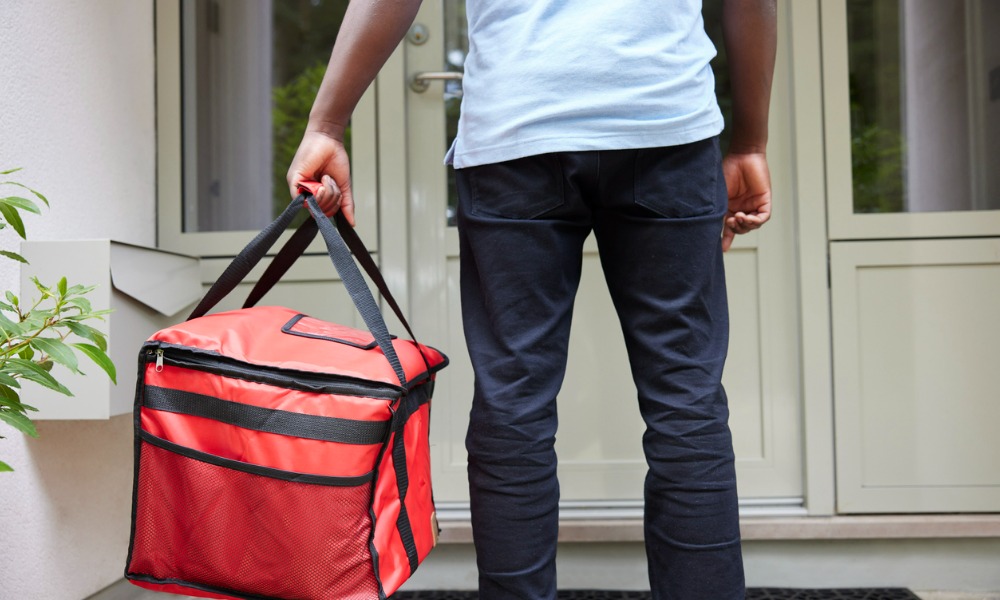A new survey suggests just 5% of these workers are confident in how to file their taxes

Tight household budgets mean more Canadians are turning to gig economy side hustles to make ends meet.
But for them, and the millions who are self employed for their main income, tax filing might be more complicated than they had imagined.
A new survey from H&R Block Canada reveals that more than 13% of Canadians said they were doing freelance or contract roles in 2021, with 3% - roughly 930,000 people – entering the gig economy workforce since the pandemic began.
But only 5% of respondents said they were confident in filing their taxes, something that is complicated by a common element of gig economy workers’ income – tips.
While tipping is often seen as a friendly reward for a job well done, the CRA doesn’t see it any different to other income, even if it’s casual work to help pay the bills.
"No matter their situation, all income must be declared – including cash payments and tips," said Josée Cabral, Tax Expert at H&R Block Canada. "The good news is that for many gig workers, there are a multitude of deductions and expenses that can be claimed. There's no one-size fits-all approach, but what's important is that Canadians have a full understanding of their individual tax situation to enable them to maximize their refund."
The survey found that many Canadians were unaware that tips were taxed but 38% said this knowledge would prompt them to tip more, while 56% said they would pay more for goods and services if gig economy workers were better paid.
Gig economy intentions
The survey also asked about participation in the gig economy.
Nineteen percent of respondents said they have never worked in the gig economy but would if they needed to make ends meet; 16% said they have never worked in the gig economy, but they have an interest in potentially doing so.
More than half said they have never worked in the gig economy and have no interest in doing so.



